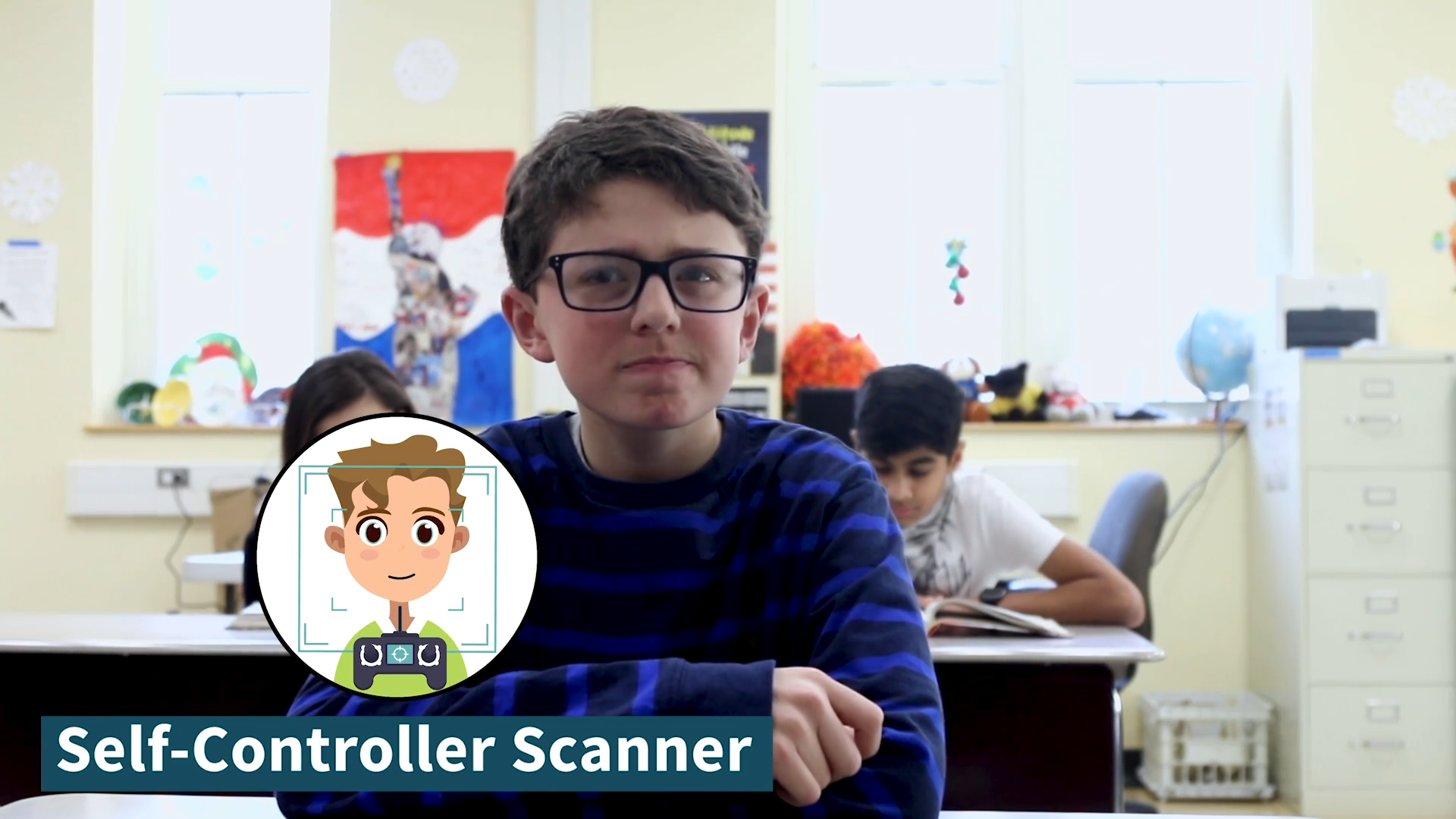
Self-regulation is a vital skill for students in Special Education. Knowing how to control thoughts and feelings can make a significant difference in their daily lives. The Self-Controller Scanner is a tool that students can use to stay in control of their emotions and maintain focus. In this blog post, we will explore this concept and provide an activity, discussion questions, and related skills to help educators support their students in developing self-regulation skills.
Introduction
The Self-Controller Scanner is a mental tool that helps students stay in control of their thoughts and feelings. By scanning their brain and body, students can identify when they are losing control and choose an appropriate strategy to regain it. This process involves understanding their current emotional state and physical needs, such as hunger or thirst. The skills associated with the Self-Controller Scanner include:
- Scanning the brain and body to identify when control is being lost.
- Picking a strategy to regain control.
- Taking necessary steps to get back in control, such as talking to an adult or asking for help.
No-Prep Activity
One activity that requires no preparation or materials from the educator is the “Body and Mind Check-In.” This activity encourages students to practice using their Self-Controller Scanner throughout the day. Here’s how it works:
- At various points during the day, pause and ask students to perform a quick “Body and Mind Check-In.”
- Students should close their eyes and take a deep breath to help them focus.
- Ask students to scan their brain and body by asking themselves the following questions:
- Am I paying attention?
- Do I know what everyone else is talking about?
- How am I feeling?
- After the check-in, students should determine if they need to take any action to regain control, such as asking for a break or getting a drink of water.
Discussion Questions
These questions can be used to stimulate further discussions about the Self-Controller Scanner and self-regulation skills:
- Why is it essential to be aware of our thoughts and feelings throughout the day?
- What are some strategies that can help us regain control when we feel overwhelmed or unfocused?
- How can the Self-Controller Scanner help us become better learners and communicators?
- What are some situations where using the Self-Controller Scanner might be particularly helpful?
- How can we support each other in using the Self-Controller Scanner and practicing self-regulation skills?
Related Skills
There are several other skills that complement the Self-Controller Scanner and help students develop strong self-regulation abilities. These include:
- Mindfulness: Focusing on the present moment can help students stay in control of their thoughts and feelings.
- Emotion recognition: Identifying and labeling emotions can help students understand their feelings and how to manage them.
- Impulse control: Learning to resist the urge to act on strong emotions or impulses can help students maintain control in challenging situations.
- Problem-solving: Developing strategies to address difficulties can help students regain control and feel more confident in their abilities.
Next Steps
Using the Self-Controller Scanner is just one way to help students in Special Education develop essential self-regulation skills. To access more free sample materials and resources to support student growth in this area and others, sign up at https://everydayspeech.com/sample-materials/.

